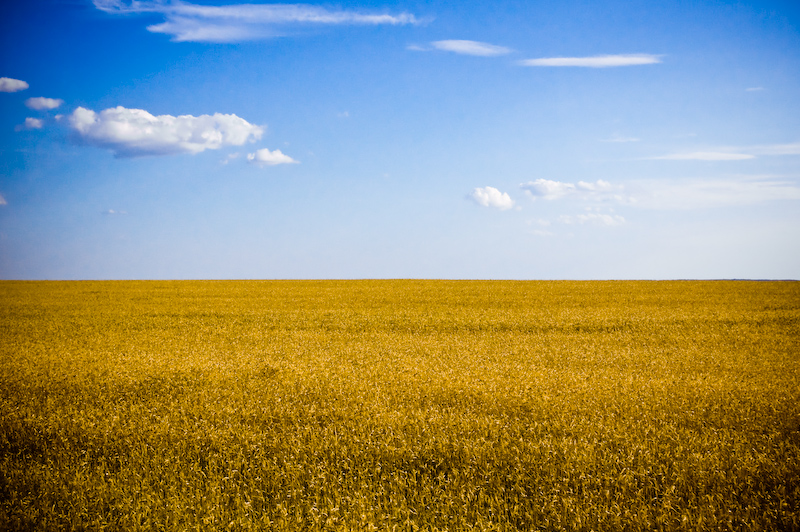
Cohabitation
22. Girls below the age of three years and one day retains her virginity despite cohabitation;
Where in the Tanakh is there even any indication that “cohabitation” between an adult man and a child is even permitted? This is not permissible and therefore there is no “Oral Law” needed.
Farming
23. Number of paya donations from a field containing more than one kind of grain;
24. Amount of divergent grain which if unintentionally planted may not be plowed;
25. Permitted plowing before the immediate start of the shmita year;
Now when you harvest the harvest of your land, you are not to finish off the edge of your field when you harvest (it), the full-gleaning of your harvest you are not to glean; for the afflicted and for the sojourner you are to leave them, I am the Eternal One your God! (Vayikra 23:22)1
It is quite clear that we are to leave the edges of the fields un-harvested and any gleanings left behind for the poor and sojourner to come and harvest. If there is more than one grain in the field then by leaving gleanings behind and the edges of the field un-harvested there will be multiple kinds of grains available for the poor and sojourner. So, we do not need to have an “Oral Law” to explain how much to leave behind.
My laws you are to keep: Your animal, you are not to (allow to) mate (in) two-kinds; your field, you are not to sow with two-kinds; a garment of two-kinds, of shaatnez, is not to go on you. (Vayikra 19:19)1
We are forbidden from sowing our fields with two kinds of seeds therefore, we are not to make any gain from these two kinds of seeds. According to the peshat of the verse we may not plow any of the divergent grain – even if it was unintentionally planted – because we cannot make any gain from these seeds.
For six years you are to sow your land and to gather in its produce, but in the seventh, you are to let it go and to let it be, that the needy of your people may eat, and what they (allow to) remain, the wildlife of the field may eat. Do thus with your vineyard, with your olive-grove. (Shemot 23:10-11)1
We are told in the Torah that we can sow and gather (plow/harvest) for six years. We are not permitted to sow or gather in the seventh year. From the peshat of these verses we notice that the only time limit for plowing is that it must be done within the six years and not the seventh year.
Tamei/Tahor
26. Percentage of terumah that is partially tamei;
Now if (it is) of a tamei animal, he is to redeem it at your assessment, adding its fifth-part to it, and if it is not redeemed, it is to be sold at your assessment. (Vayikra 27:27)1
The amount of a terumah that was to be redeemed is assessed by the priest. There is no reason for an “Oral Law” to explain that the priest has the charge over the percentage or terumah that is partially tamei. This passage is speaking about a tamei animal – that is an animal that is not fit for the terumah. There is no need for an “Oral Law” for something that is already not permitted according to the Tanakh.
———————-
1Everett Fox. The Five Books of Moses. New York: Schocken Books, 1997.
